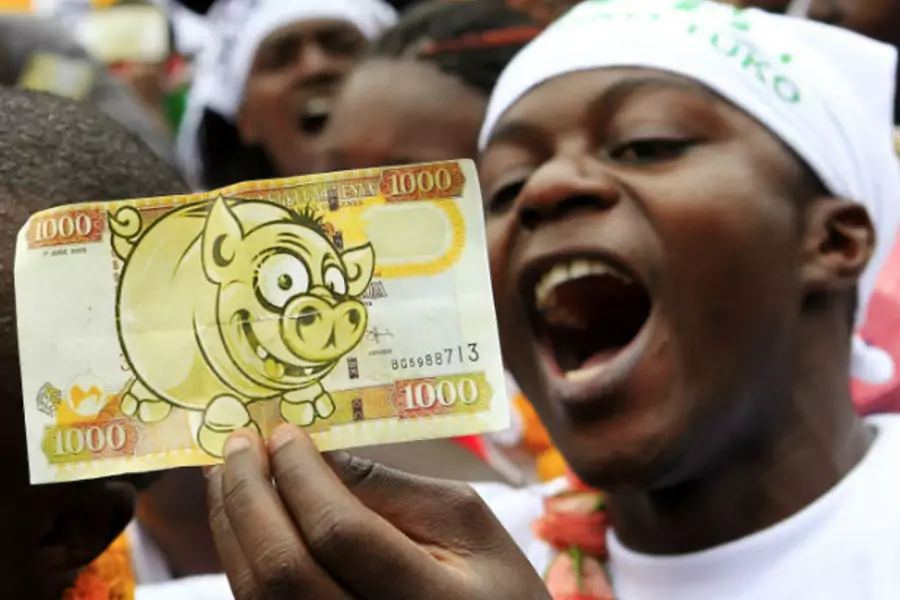More on:
This is a guest post by Diptesh Soni. Diptesh is a master’s degree candidate at the Columbia University School of International Public Affairs (SIPA) studying economic and political development. You can read more by him at: https://dipteshsoni.contently.com/.
The latest Afrobarometer poll is a strong indication that corruption is a growing concern throughout Africa. The poll ranks African countries from worst to best with respect to citizens’ perceptions of their government’s efforts to control corruption. (Note: it measures popular perception of corruption, not corruption itself.)
The best performers – considered least corrupt – included Malawi (28 percent answered that the government was doing fairly/very badly in combatting corruption), Lesotho (also 28 percent), and Botswana (29 percent). The worst were Nigeria (82 percent), Egypt (82 percent), and Zimbabwe (81 percent). Overall, Africans are highly critical of government efforts to reign in corruption.
The public opinion survey, conducted in thirty-four countries using nationally representative samples, was published November 13. It found that nearly one in three Africans say they have paid a bribe in the past year, with respondents broadly ranking their police forces as the most corrupt institutions.
Moreover, the Afrobarometer highlights the disproportionate effect of corruption on the poor: respondents who had gone without enough food to eat one or more times in the past year reported higher incidences of bribery for police, medical treatment, and school placement than their better-off compatriots. The authors warn that the poor’s daily interactions with corruption risk exacerbating inequality and worsening the position of the impoverished in society.
Corruption is also detrimental to Africans’ perception of democracy. The authors cite that “only 36 percent of those who perceive high levels of corruption in the office of the presidency are satisfied with democracy.”
The weak performance of a number of countries stands out. In Nigeria, for example, while the perception of corruption amongst public officials has shown a modest improvement, 82 percent of respondents said their government was handling the fight on corruption “very or fairly badly.” In Zimbabwe, negative ratings for the government went from 38 percent in 2002 to 81 percent in 2012.
Stories from other countries are more optimistic. The number of Malawians with a negative perception of the government dropped significantly since 2002 – from 68 percent to 28 percent. Corruption appears to have decreased in Lesotho, Botswana, and Senegal, too, but overall the report concludes that the very high profile fight against corruption over the last decade has been insufficient.
How corruption is defined and how it manifests itself of course varies from country to country. Nevertheless Africans know it when they see it. And they are increasingly critical of its continued prevalence in society and politics.
More on:
 Online Store
Online Store
